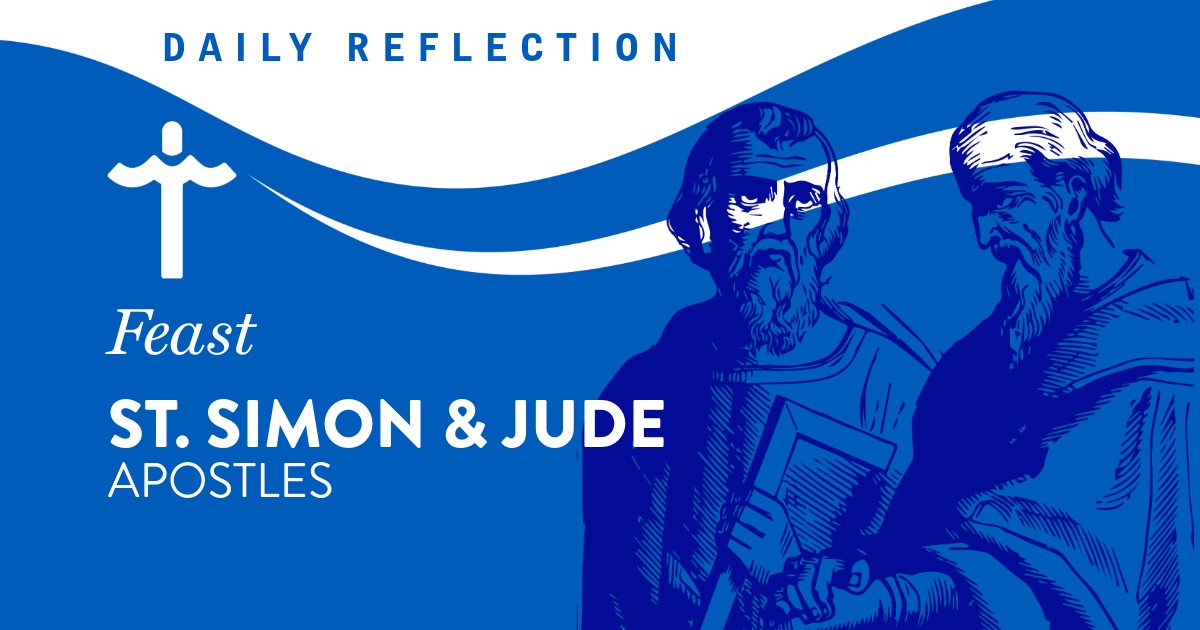Thursday of the Eleventh Week of Ordinary Time
The Responsorial Psalm gives us a guide for discerning true ministry from false: “Your works, O Lord, are justice and truth” (Psalm 111).
In 2Corinthians 11: 1-11, Paul denounces people who were proclaiming a distorted version of Christianity. They may even have based their claims on an “appeal to the authority of church leaders in Jerusalem” and carried “letters of recommendation from them.” But since “their preaching is marked at least by a different emphasis and style,” Paul sees them as seducing people away from Christ as the devil seduced Eve. (See footnote to 2Corinthian 11:5, NAB Catholic Study Bible.)
All ministers, even accredited ministers, are not trustworthy. There always has been and always will be distorted teaching in the Church. The history of Christian spirituality if full of examples: Pelagianism, Quietism, Neo-Manichaeism, Jansenism, negativity toward the body, toward women, and the three underlying values for the agenda the Roman Curia proposed at the beginning of Vatican Council II, which the bishops identified and rejected: legalism, clericalism, and triumphalism.
Sometimes the distortion reveals itself just in “a different emphasis and style.” In our day, we see it most often in those whose emphasis is on law-observance and whose style is condemnatory. These are the self-appointed watchdogs of the Church who are most likely to make an “appeal to the authority of church leaders,” not in “Jerusalem,” but in Rome, bypassing even the authority of the pastor and the local bishop.
Authentic ministry must embody that “communion in the Holy Spirit” that reflects both respect for Church authority and responsiveness to the Holy Spirit. Its tone must be love, and its guiding concern Christ’s command to Peter: “If you love me, feed my sheep.” This is the authentic ministry of “justice and truth.”
Matthew 6: 7-15 is the rejection of legalism in prayer. The point is not what words one says, how many we say or how often we say them (think of our compulsion to “get in” our prayers, our rosary, our novena). Prayer is not words but surrender of the heart to God. Jesus teaches us to pray by teaching us the priorities of his own heart; if we make them our own, we will be able to pray. If we don’t, we will just be “babbling on like the pagans.” Jesus says, “Your Father knows what you need before you ask him.” He does, but too often we don’t. The Our Father teaches us what we truly need and what we should ask for. “Your works, O Lord,” are not in words but in “justice and truth.”
Initiative: Be a priest. Unite your heart to Christ’s and act out of that.
— Fr. David M. Knight
View today’s Mass readings, Lectionary #368, on the USCCB website here
Fr. David M. Knight (1931-2021) was a priest of the Diocese of Memphis in Tennessee, a prolific writer, and a highly sought after confessor, spiritual director, and retreat master. He authored more than 40 books and hundreds of articles that focus primarily on lay spirituality and life-long spiritual growth.




0 Comments